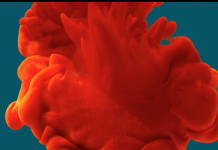What does a successful U of T graduate look like? From entrepreneur to medical innovator or even cultural thought leader, supporting students as they carve out professional pathways is at the heart of the University’s purpose. The route to a fulfilling future can involve many paths for our students, but common to all is the dynamic intersection of scholarly pursuits and lifelong skills.
Since the inception of the Chemistry Teaching Fellows Program (CTFP) in 2002, this unique initiative has provided 60 senior graduate students and post-docs with a platform to work collaboratively with faculty to engage in aspects of teaching or pedagogical work in tandem with their regular studies.
“One of the objectives is to provide a quality learning experience in developing pedagogical tools that will benefit both the Fellow in their future careers and enhance the learning environment for our current undergraduate students,” says Andy Dicks, Associate Professor, Teaching Stream, Department of Chemistry.
According to Darius Rackus, a graduate student in the Department of Chemistry who participated in the CTFP in 2014, “In this fellowship, I was faced with two big questions that I never had to think about before. First, how do students learn? And second, how can we measure learning? How we answer these questions will have a big impact on how we teach and design courses.”
“It’s a win-win situation,” says Professor Dicks. “The CTFP graduate students are benefiting and the undergrads are as well because there is a lot of curriculum renewal happening. It is very high impact.”
The classroom isn’t the only place where U of T graduate students are encouraged and supported in honing their skills for an academic future. In 2014-2015, U of T’s Ontario Institute for Studies in Education (OISE) Library worked on a cross-university team to create Student2Scholar (S2S) – a set of 10 interactive, self-paced online modules designed to help graduate students in the social sciences excel in their academic communities.
Motivated by a desire to keep pace with the growing demand for virtual library instruction, OISE librarians Monique Flaccavento and Jenaya Webb worked with a team of colleagues from Western and Queen’s University to create an openly available resource. What makes S2S stand out for graduate students is that “the modules build on and complement their graduate courses, helping them to not only develop the research skills they need to participate more actively in their academic communities, but also the confidence to do so,” says Monique Flaccavento.
Building a community where graduate students can develop their teaching skills and exposing current U of T students to the rigours and opportunities involved in an academic career or other careers that include teaching, has been a main feature of the Teaching Assistants’ Training Program (TATP) for close to 20 years.
Through a unique peer-based training network, the TATP operates on multiple levels of learning. Graduate students participating in one of two comprehensive certificate programs experience focused, scholarly workshops designed by their graduate student peers. As well, graduate students hired yearly by the Centre for Teaching Support & Innovation (CTSI) to work as TATP trainers participate in extensive training.
“My work as a trainer with the TATP facilitated such important learning for me. I know that I am a better teacher as a result of the things that I have learned about myself, about teaching in higher education and through the people I have met from across the university who really care about teaching and improving undergraduate education” said Dr. Bethany J. Osborne, former TATP Trainer and current Professor of Community Studies, Sheridan Institute of Technology and Advanced Learning.
The Graduate Professional Skills Program (GPS) represents a broader framework at U of T focusing on skills development in graduate students. With a focus on four areas of competency, including personal effectiveness, teaching competency, research related skills and communication, GPS programming is a portal for all graduate students, regardless of discipline.
Graduate Programming Coordinator Liam O’Leary, notes that, “going through this reflective process is an important skill in itself. Students, through the GPS Program learn an appreciation and understanding of professional development as a lifelong practice”
According to CTSI Associate Director, Megan Burnett, “As educators, we are engaged in a deeper discussion around the purpose of graduate education and a re-definition of what success both during and after graduate school might entail.”
For most students, the final destination – whether it’s becoming a future environmental chemist or international filmmaker – is not set in stone. This is why U of T continues providing opportunities for students to practice and refine their skills and capabilities, no matter where the future will lead.























